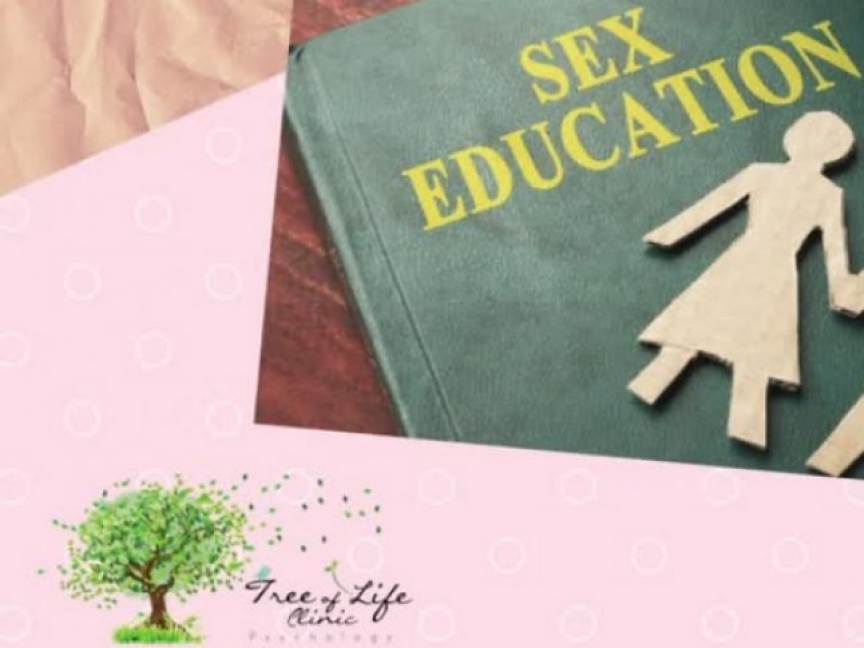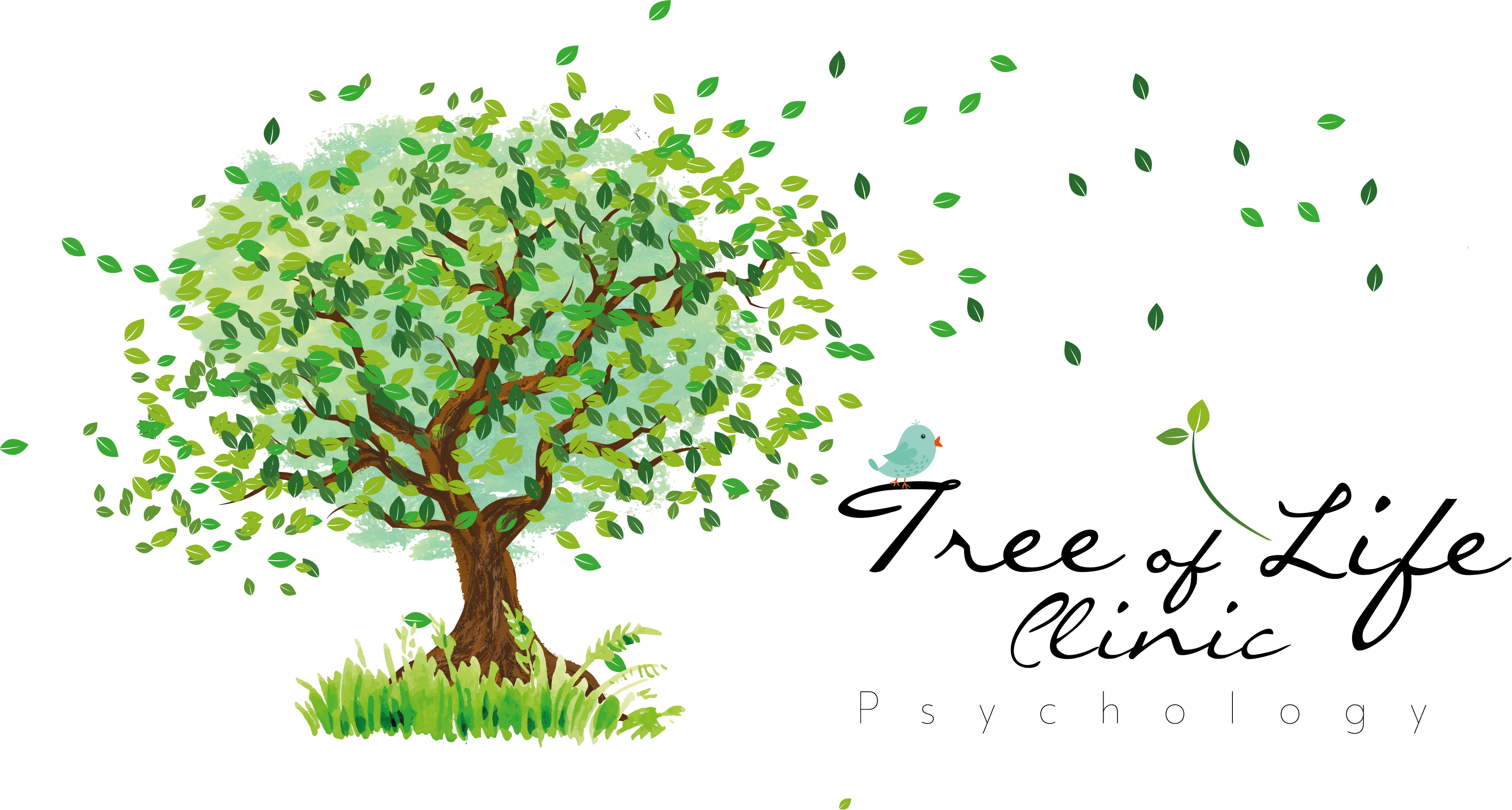Blog
Sex Education in childhood and adolescence

 |
Caroene Santos Murray |
Did you know that well-oriented sex education is one of the most effective ways to reduce a child's vulnerability to sexual violence.
Each age clearly has different techniques and handling to approach the child, but sex education can be started at any age, starting with the parents in their parenting.
Children, even if they are very young, are already starting to discover their body and perceive themselves differently in the other's body. That is why it is necessary to welcome and educate this child from the beginning, even if it starts with the parental model!
Many parents ask me when to start talking about sexuality with their children, how to approach and sex education:
Q: What age do you recommend to start this subject with the child?
A: Hello Parents, any age is already recommended.
So we need to understand what sex education is and how this educational tool works for children and adolescents!
Sex education is an attribute of the FAMILY!!
Parents can start with parental sex education (readings, expand knowledge on the subject, and create safe and healthy habits such as: child does not date, no early sexualization of the child, never have sexual intimacy near the child (even if he is sleeping, even let it be a little baby), don't "force" the child to kiss and hug those he doesn't feel comfortable with etc etc start there.
Some families promote sex education for younger people, providing a natural space for conversation about sexuality or choose opportune moments, depending on the age of the child or adolescent, to talk about reproduction, menstruation, dating, masturbation, etc.
In child and adolescent psychotherapy sessions, sex education takes place during sessions when necessary or brought by the child. Or it also happens with parents and for parents in our parental assistance work, especially when this theme brings some kind of discomfort, doubt or dysfunctional belief.
But in a natural way, the theme is usually implicit in therapeutic work because sexuality is part of the human experience.
From when the child grows up, the parents can work through these books, stories and toys, teach them to respect their bodies, and learn the limitations of others towards them !!!
We need to overcome the myth that sex education can eroticize or encourage early sexual initiation in children and adolescents. Studies developed by the World Health Organization (WHO), however, point out that the less information, the earlier the sexual life will start, not infrequently guided by situations of violence and abuse.
Ignorance is vulnerability and sex education is a must!
This topic should not be taboo. The taboo makes us not know where to seek help. Sex education is a right of children and adolescents, provided for in the Child and Adolescent Statutes worldwide!
The child, from birth, already invites us to look at this side of our life, which is often hidden. We need to understand sexuality as something positive. Understand what it is and apply it to our Parenting.
The expression of sexuality, the search for well-being, knowing the body, understanding how this body transforms and exploring all these potentialities is part of childhood, of our life and we need to look at it!
More than talking about sex, it is necessary to talk about sexuality, a much broader concept that refers to experiences, discovering the world, identity, feelings, emotions, well-being, body awareness, private parts, quality choices – and that makes part of global education and starts from birth.
Thus, a well-oriented sexual education, respecting the typical psychosexual development of each age group, is one of the most effective ways to reduce the child's vulnerability to sexual violence.
Each father and mother introduces this education according to what they also perceive of their own child.
Children learn from what they observe and also from the interpretation that adults provide about the situations that surround them.
What are the consequences of a lack of appropriate sex education?
Without adequate instruction for children and adolescents, the risk of sexual abuse, early sexual initiation, unplanned pregnancy, STIs and sexual bullying increases.
Out of curiosity, individuals of any age end up looking for information through friendships, romantic partners, the internet and pornography, being more susceptible to content that feeds myths, stigmas, prejudices and fads.
As a result, there is an increase in cases of problems with body image, lack of affective responsibility, abusive relationships, sexual violence, sexual performance anxiety, pornography addiction, peer pressure and the need for self-affirmation.
With the lack of guidance, sexuality can be a source of guilt, trauma and anguish because it often ends up being built under other influences, whether they are silence, repression or liberation.
Many adults carry marks of traumatic sexual experiences, which turn into difficulty, shame and fear in the affective-sexual sphere.
Sexual education is a term used to refer to the process that seeks to provide knowledge and clarify doubts about issues related to sexuality.
Sexuality is understood as the set of behaviors related to sexual desire.
"Sex education is a program of teaching about the cognitive, emotional, physical and social aspects of sexuality.
The objective is to equip children and young people with the knowledge, skills, attitudes and values that empower them to: experience their health, well-being and dignity; develop respectful social and sexual relationships;consider how your choices affect the well-being of yourself and others; understand and ensure the protection of their rights throughout life."
(UNAIDS, Technical guide to sex education)
Of course, everything has its time, but parents and guardians should never omit correct guidance.
In the case of adolescents, if they do not feel safe with the adult's response, it is very likely that they will seek information on their own - and the risk is that they will do so from unreliable sources.
When you don't know what to say, say
"Great question, but I don't know how to answer you right now. I'll look into it"
Nowadays on the market there are many resources available for these purposes, excellent books for all age groups and for parents! 🤎
Here's my list of book I recommend:
- My Body Belongs To Me
- it's Not The Stork!
- Let's talk About Body Boundaries, Consent & Respect
|
Follow us on Instagram |
 |



